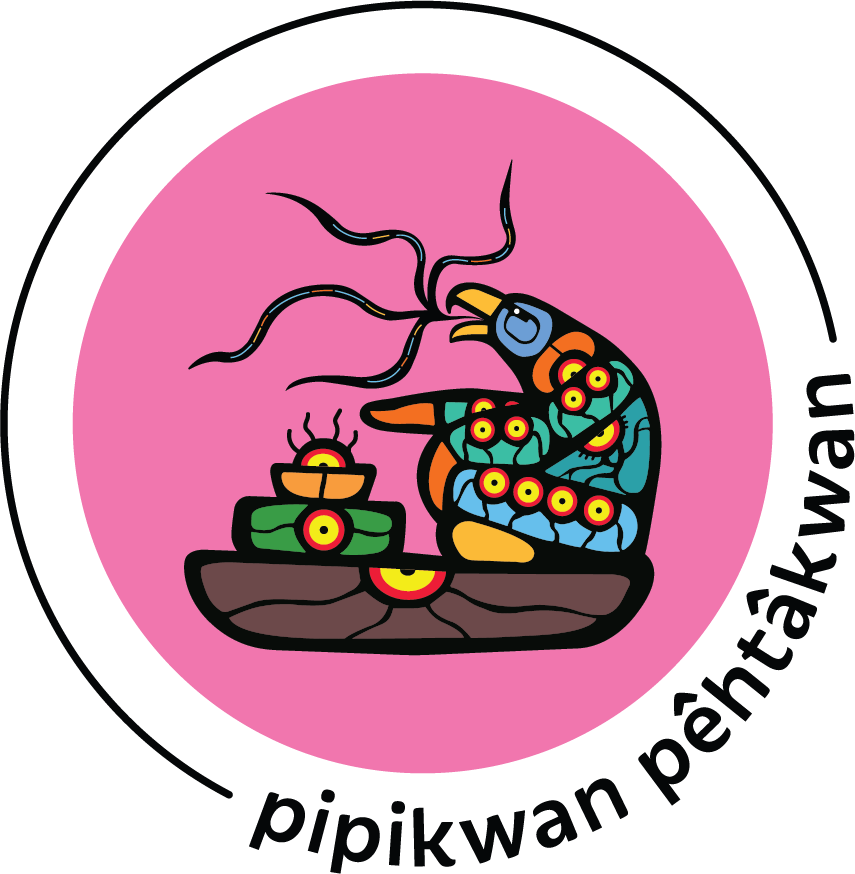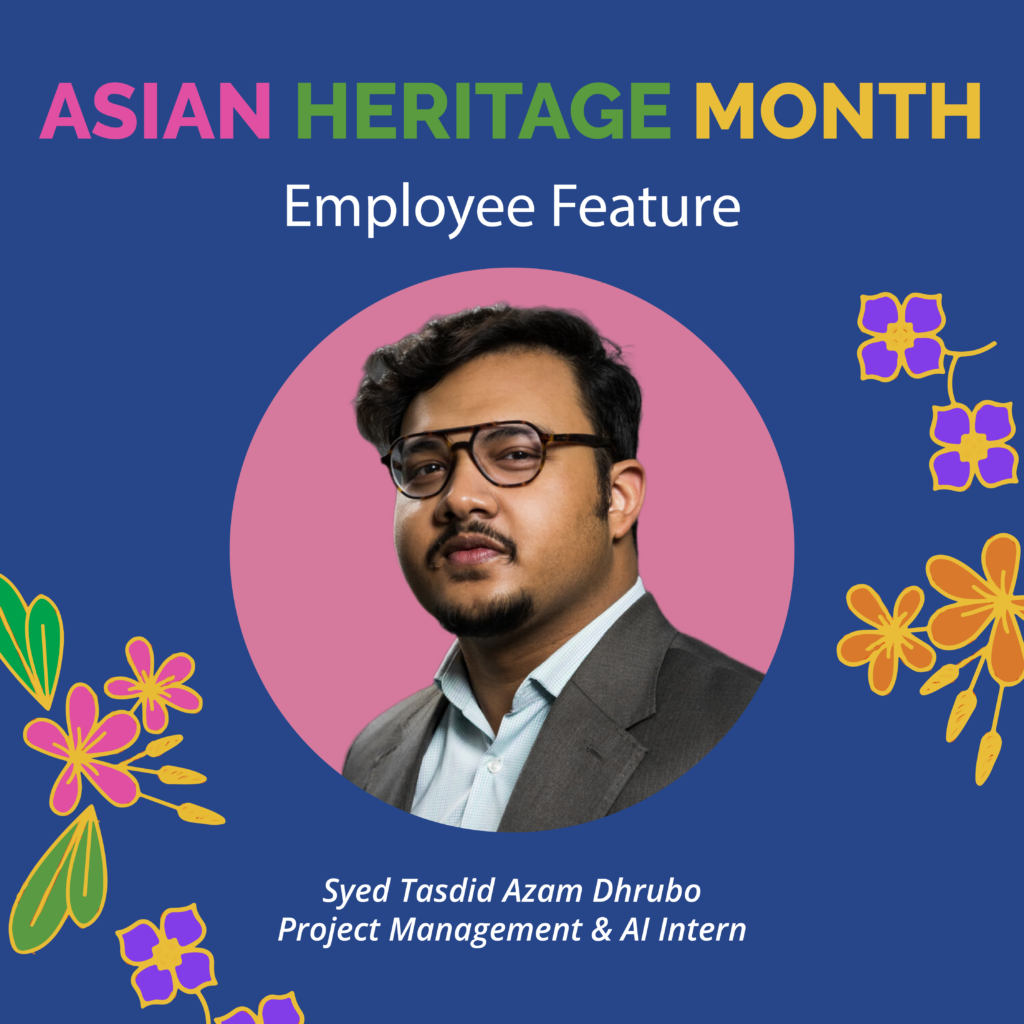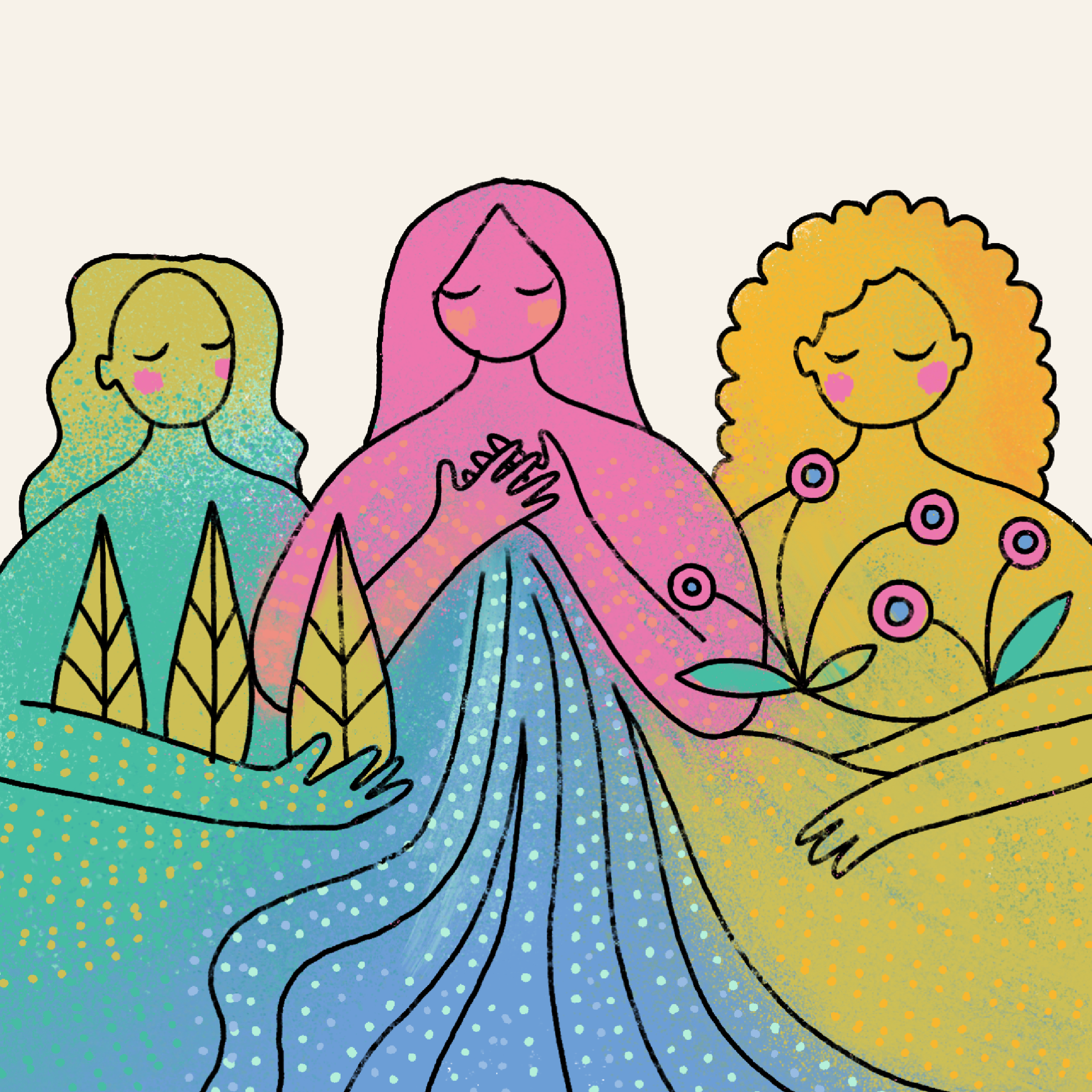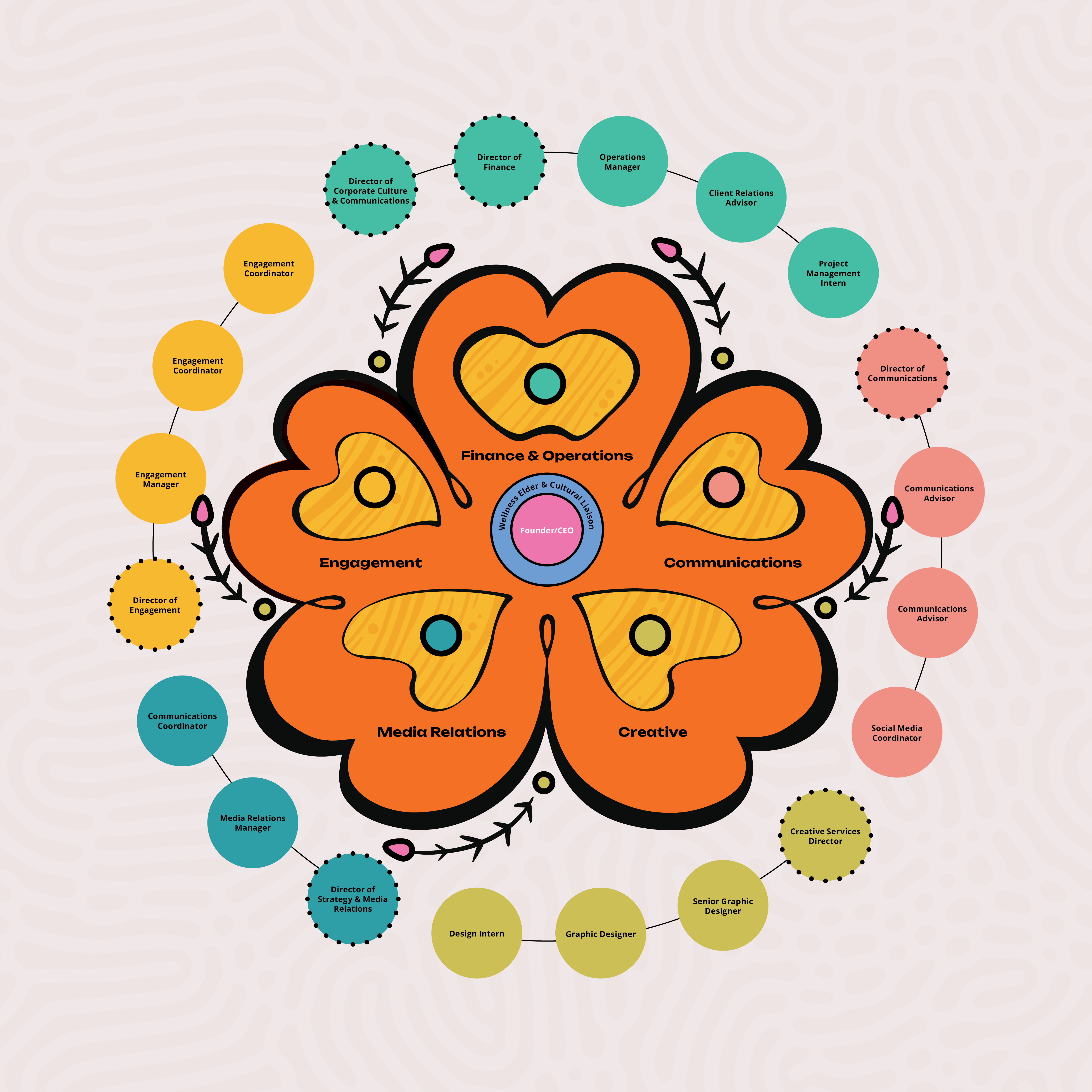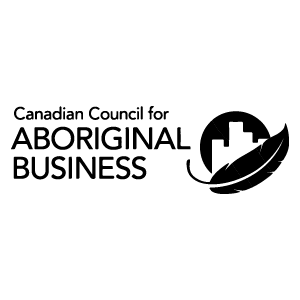What’s your connection to Asia? Where is your family from?
In the heart of Dhaka, a mystical city in Bangladesh where the sun blazes like a thousand golden coins, I was born, cradled in the tender arms of my loving family. Bangladesh is a South Asian country marked by lush greenery and many waterways. Generations of ancestors whispered their wisdom into my very being, infusing my soul with the captivating tales and vibrant hues of Bengali culture. Our family’s roots extend deep into the fertile soil of Bangladesh, nourished by generations of wisdom and resilience.
What does being Asian mean to you?
Being Asian, specifically Bangladeshi, is a testament to the resilience and diversity of a people who have withstood countless challenges and adversities. It means being part of a rich and vibrant culture, with a unique language Bangla, cuisine, and traditions that have been passed down through generations. It means I have a strong value towards my traditions and family. Music is a strong colour of my identity as I was raised in a very cultural family.
What Asian figure do you think more people should know about?
There are many remarkable Asian figures who have contributed to the world in various ways, but one Bangladeshi figure who deserves more recognition is Dr. Muhammad Yunus. Dr. Yunus started the Grameen Bank in Bangladesh in 1983 and has since become a respected civil society leader, social entrepreneur and economist. The Grameen Bank was the first to implement the concept of microcredit, which involves lending small amounts of money to low-income people who do not have collateral or a credit history.
Dr. Yunus has aided millions of individuals in gaining economic security and freedom from poverty, especially women who are underrepresented in conventional banking systems. His groundbreaking work in the field of microfinance has been extensively hailed and analyzed, and he was given the Nobel Peace Prize in 2006 for his contributions to bringing about economic and social development from below.
What is your favourite cultural tradition?
One of my favourite cultural traditions from Bangladesh is the celebration of Pohela Boishakh, the Bengali New Year. This colourful festival takes place in mid-April and is a time for family gatherings, feasting and cultural performances.
Pohela Boishakh is a celebration of new beginnings and is marked by the wearing of new clothes (red and white) , decorating homes with colourful flowers and feasting on traditional foods such as pitha (rice cakes), hilsa (fish), panta bhaat (rice). There are also parades and cultural performances that showcase traditional music, dance and art.
What I love most about this tradition is the sense of community and togetherness that it brings. It is a time for people to come together and celebrate their shared culture and heritage, regardless of their background or social status. Pohela Boishakh is a celebration of the rich history and traditions of Bangladesh and is a reminder of the importance of preserving and sharing our cultural identity with future generations.
What do you hope to see for the Asian community in coming years?
I anticipate that the global Asian community will get more visibility and appreciation in the future. I’d like to see more initiatives to honour and promote cultural heritage, as well as more Asian voices in government, the media and other prominent arenas. I hope to see Asians becoming successful in STEM. I would love to see Asian cultural programs getting voices in various large events.
How do you incorporate Asian identity in your way of life?
For me music is the most powerful medium for expressing my cultural identity. I tend to play a lot of Bangladeshi music and also incorporate classical Bangladeshi music scales in my playings which give my music an original touch. I also love to maintain strong connections with my loved ones and for me it’s a way to uphold and pass on cultural traditions. Sometimes I approach problems in an emotional approach which is also I think is a trait of being an Asian.
What is one activity or dish from the Asian side of your culture that you think everybody should try?
I think hilsha (fish) and panta bhaat (rice) is something that everyone should try as it’s a very traditional part of our culture.
Beyond your Asian heritage, what other identities do you hold dear?
I am a Muslim.
